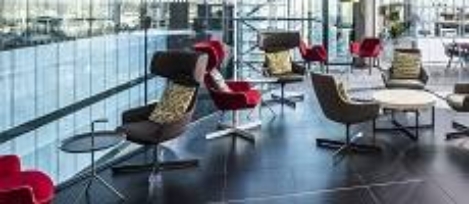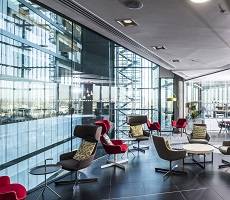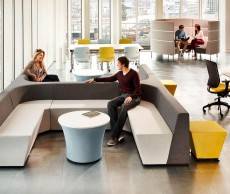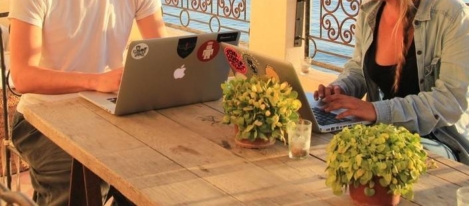February 18, 2016
The UK public sector workplace is disempowered and can’t cope with change 0
 A new report claims that the typical public sector workplace in the UK is dysfunctional on a number of levels. That is not the conclusion of some right wing think tank, but instead comes from Civica’s Invigorating the Public Sector Revolution report, commissioned in partnership with Society of Local Authority Chief Executives and Senior Managers (SOLACE). Based on a survey of 276 senior and middle management staff, a mere 7 percent of respondents said that the public sector offered an empowering working culture and just 25 percent believe their management teams have the skills and attitudes to lead the organisation over the next ten years. Of particular concern was the ability of organisations to cope with change. Just under half (47 percent) of those surveyed believe their leadership team lacks the management skills needed for ‘a period of massive and accelerating change’.
A new report claims that the typical public sector workplace in the UK is dysfunctional on a number of levels. That is not the conclusion of some right wing think tank, but instead comes from Civica’s Invigorating the Public Sector Revolution report, commissioned in partnership with Society of Local Authority Chief Executives and Senior Managers (SOLACE). Based on a survey of 276 senior and middle management staff, a mere 7 percent of respondents said that the public sector offered an empowering working culture and just 25 percent believe their management teams have the skills and attitudes to lead the organisation over the next ten years. Of particular concern was the ability of organisations to cope with change. Just under half (47 percent) of those surveyed believe their leadership team lacks the management skills needed for ‘a period of massive and accelerating change’.



































February 17, 2016
The workplace is not just about the play, but the stage too 0
by Darren Bilsborough • Comment, Flexible working, Technology, Workplace design
(more…)